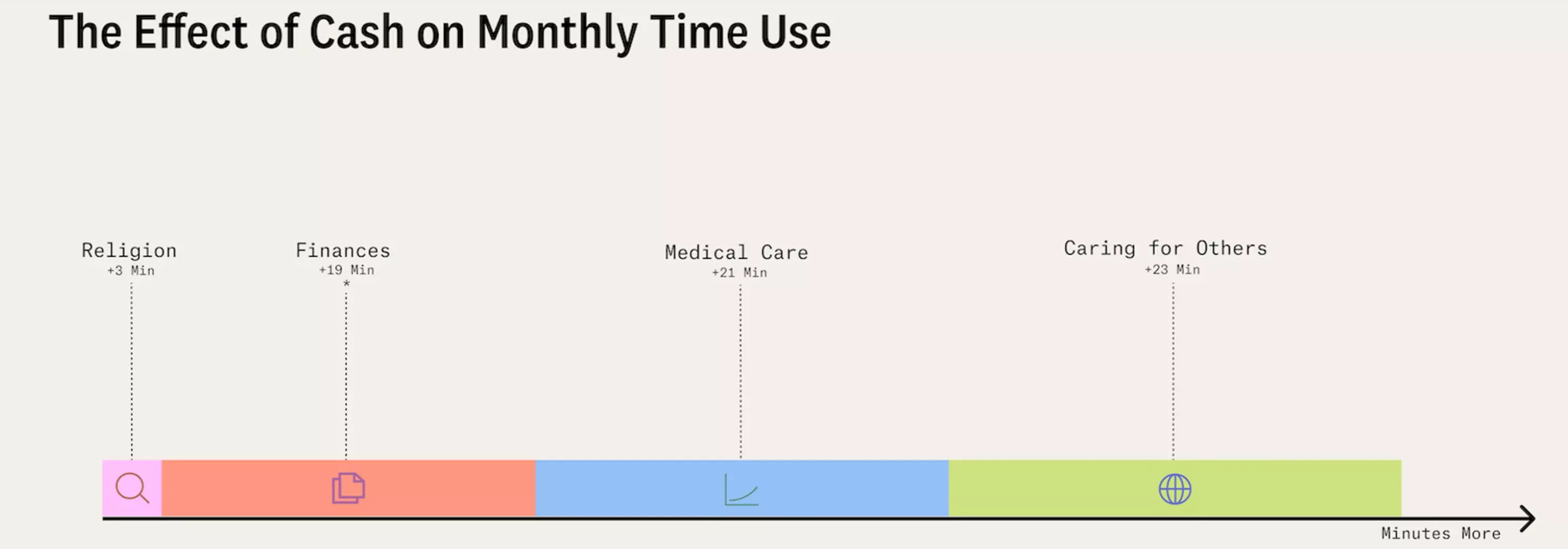Serving tech enthusiasts for over 25 years.
TechSpot means tech analysis and advice you can trust.
A hot potato: It's been posited that Universal Basic Income (UBI) could be the best, or perhaps only, way to address the problem of AI-driven job losses. OpenAI CEO Sam Altman backed a three-year study to investigate the viability of such a program, and the lead researcher has revealed the latest findings: there are benefits to UBI, but it's not a silver bullet.
The impact generative AI is having on the jobs market is well documented. Altman, boss of ChatGPT-maker OpenAI, said that in 2016, he started realizing the effects that advanced AI could have on society, especially jobs, and conducted an experiment aimed at showing that UBI could negate some of these issues. That program gave 1,000 people $1,000 per month, while a 2,000-person control group was given $50 per month.
Most UBI programs gave the payments to adults in the form of recurring payments, regardless of how much money they have or their employment status. The Altman-backed program focused on giving payments to low-income adults.
Total running costs of the study came to $60 million. Altman reportedly contributed $14 million of his own money to the project, along with $10 million from OpenAI.
Elizabeth Rhodes, the research director for the Basic Income Project at Open Research, told Business Insider that while basic-income payments are beneficial in many ways, these programs also have "clear limitations."
The initial findings of the project were released in July. Most people only increased their spending on basic needs, such as food, housing, and transportation. Recipients were also more likely to visit a hospital, see a specialist, go to the dentist, and cut down on excess alcohol and drug use, though the researchers noted that there was no direct evidence of greater access to healthcare or improvements in physical and mental health. For many participants, "the additional $1,000 per month alone may not be sufficient to overcome the larger systemic barriers to healthcare access and reduce health disparities."
Interestingly, recipients were more selective when it came to choosing work: some chose lower-paid jobs for more independence or the opportunity to enter a certain industry. They were also more likely to start their own business.
The latest set of findings released this month show that recipients actually valued work more after receiving the monthly payments, challenging the long-held belief the UBI will lead to people not wanting to work. Stress, mental distress, and food insecurity also diminished in the first year, though the effects faded in the program's second and third years.
"Poverty and economic insecurity are incredibly difficult problems to solve," Rhodes said. "The findings that we've had thus far are quite nuanced."
"It [the project] reinforced to me the idea that these are really difficult problems that, maybe, there isn't a singular solution."
In May, Altman said that UBI could be supplanted by what he calls universal basic compute. "[E]verybody gets a slice of GPT-7's compute and they can use it, they can resell it, they can donate it to somebody to use for cancer research," Altman suggested.
One of the many big names in the tech world that support UBI is Geoffrey Hinton, one of the Godfathers of AI. He said these programs are a necessity in the face of AI-related job losses. On the other side of the coin, Dario Amodei, CEO of AI startup Anthropic, thinks UBI won't be enough to address the problem.
Masthead: Alexander Grey
